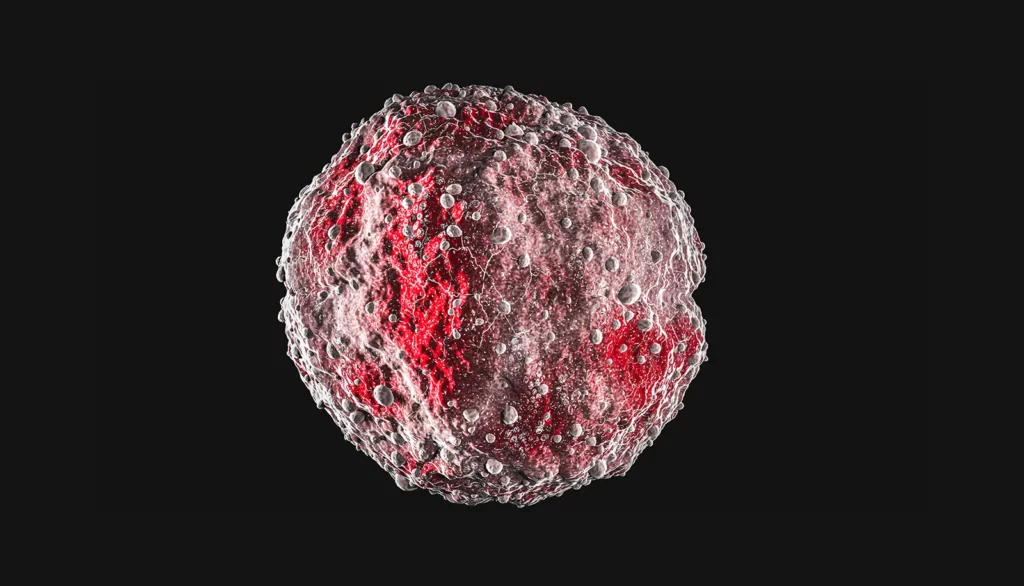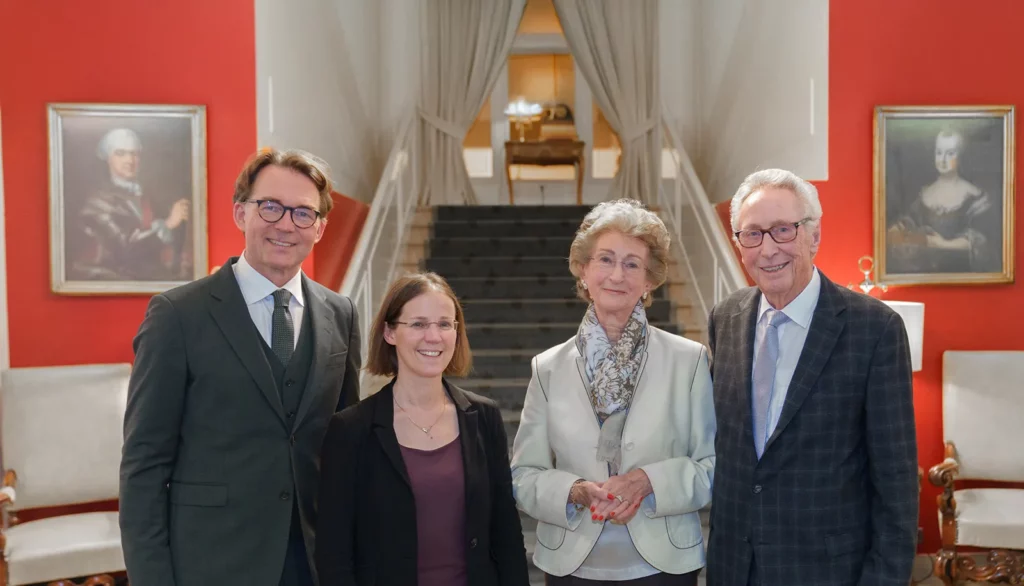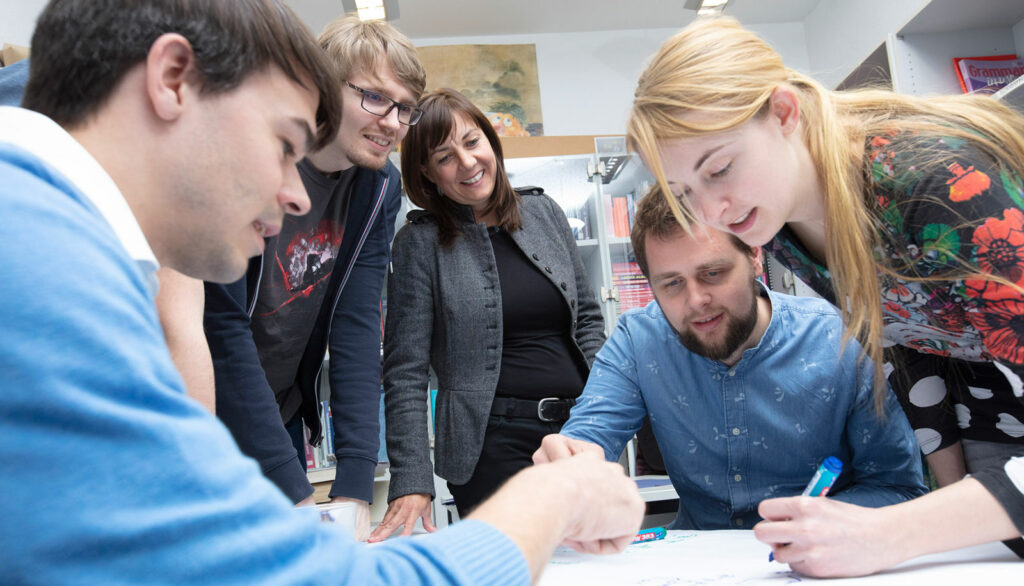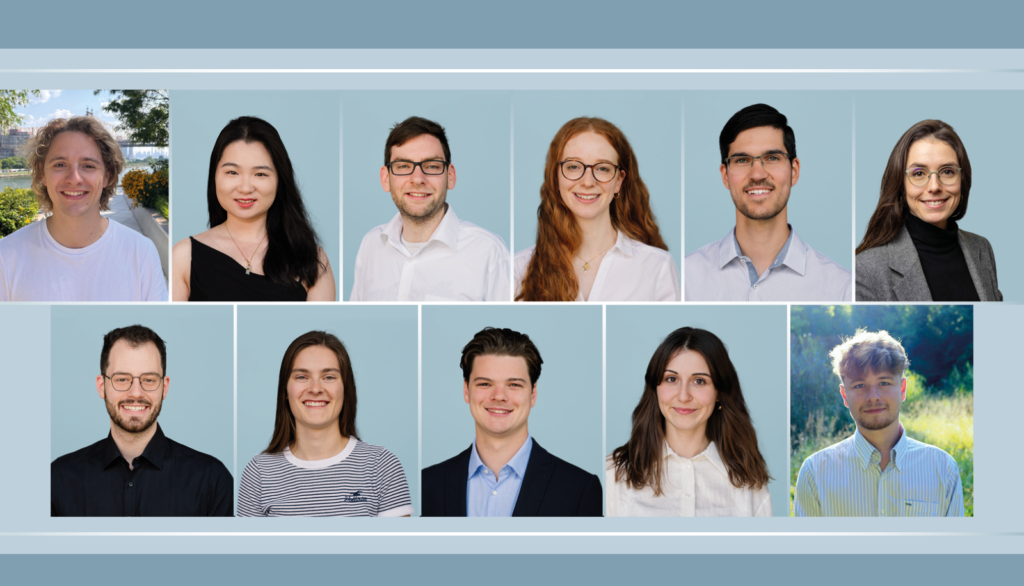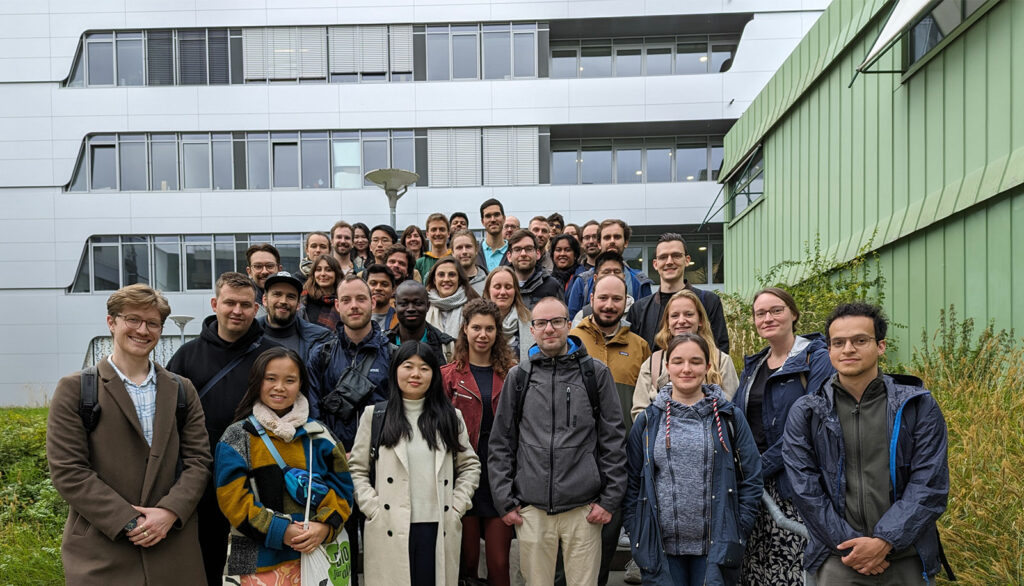Living in night and day: genomics of light adaptations in moths as caterpillars and adults
Hector RCD Awardee Anna Stöckl
Hector Fellow Axel Meyer
This project, led by Jun.-Prof. Dr. Anna Stöckl and Prof. Dr. Axel Meyer (University of Konstanz), investigates how moths adapt to artificial light at night. By combining genomics, neuroanatomy and behavioral studies, the team aims to elucidate the mechanisms of sensory plasticity during metamorphosis. Using transcriptomics, epigenetics, and behavioral analysis, the research will investigate how caterpillar light exposure affects adult moths. The results will provide critical insights into animal adaptation to human-induced environmental change and shape future ecological and evolutionary studies.


